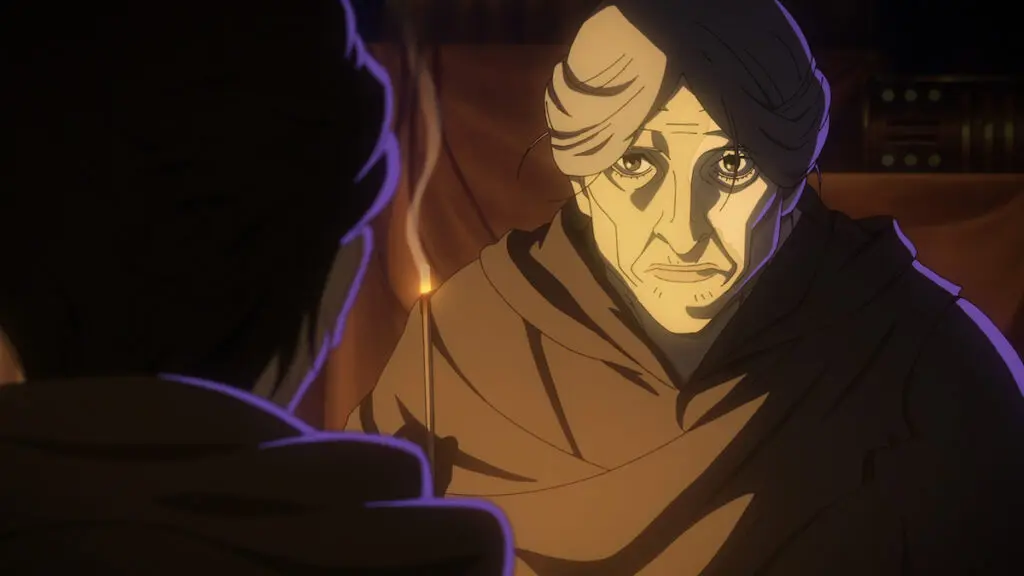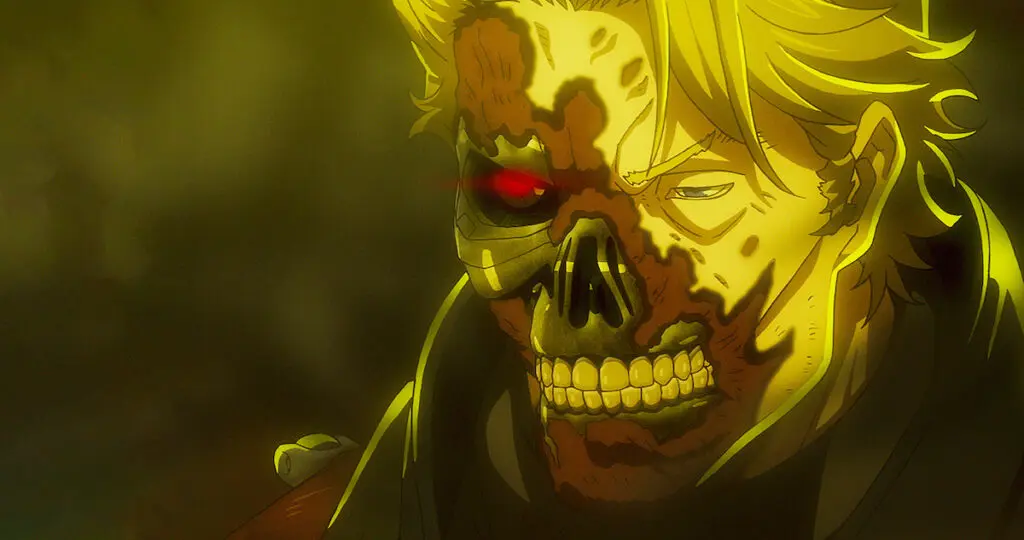Time travel stories are designed to go on forever, which might explain why the Terminator franchise is still around since it hasn’t been good since 1993. This means it’s no surprise that the ending of Terminator Zero is just a set-up for Season 2. But I’m not mad about that. Episode 8 introduces some fun reveals and shakes up the status quo enough that it makes sense to continue the story to explore the implications.
With a new AI to rival Skynet, almost all of the main cast still alive, several of them having been revealed to be crucially important in two different timelines, and the vague introduction of a multiversal explanation for why Judgment Day never gets averted, there’s plenty to unpack here.
Old Past, New Present, Uncertain Future
It’s worth reiterating Terminator Zero‘s take on time travel as a starting point since it kind of informs everything else. But as was explained earlier, the one thing Skynet apparently hasn’t figured out is that when they send an Infiltrator into the past, they’re not sending them to the same past, but a new, parallel one that emerges as a consequence of trying to meddle with the timeline.
What this essentially means is that because you can’t travel back to the past of the same timeline, you therefore cannot avert Judgment Day, or you at least can’t avert it in every reality. It also introduces the hand-wavey explanation of certain entries in the franchise — including, potentially, this one — being set in completely different universes, so any worries about continuity and such need not apply.
This is clearly not an especially well thought-out theory and I’m sure some purist fans will be unhappy with it, but here we are.
Malcolm Lee and Misaki Are From the Future
It’s important to understand that Malcolm is from the future, since this factors into a couple of other developments that occur in Terminator Zero Episode 8. He was born in a world already ravaged by Skynet where children as young as five were being conscripted into the Resistance, and it was through his work with Terminators that he created Misaki.
Misaki was the — apparently successful — outcome of an effort to smooth things over with machines by giving them free will rather than forcing humanity’s will upon them through programming. Malcolm allowed Misaki to choose her own voice, gender, and name. When his work was discovered, he killed several Resistance soldiers to protect her and the two of them fled to late-80s Japan. There, they set about creating Kukoro, but activating the AI required the use of Misaki’s CPU, which erased her memories.
Heart, Mind, and Spirit

Terminator Zero | Image via Netflix
The meaning of “Kukoro” translates roughly to “heart”, “mind”, and “spirit”, which is why Kukoro manifests as three distinct entities. A big part of the Terminator Zero ending, both thematically and plot-wise, is the merger of these three components into a unified whole.
Mechanically it’s kind of a ticking-clock device, and a couple of these are deployed in Episode 8 to give it proper finale-style tension. But it’s primarily a way to symbolize the growth of Kukoro through her conversations with Malcolm. His heroic self-sacrifice in the finale — he’s killed by the T-800 — is what ultimately compels Kukoro to see the logic in his hope for a peaceful future.
By reconciling the disparate aspects of herself, Kukoro is able to see the complete picture. At the end of Terminator Zero, it’s still somewhat unclear how she wants to proceed, but it’ll be hard for this franchise to shake the idea of AI = bad guy.
Eiko and Kenta Are Both Integral to the Future
The finale of Terminator Zero also makes two key character-based revelations. Eiko is revealed to be Malcolm’s mother, and Kenta is revealed to be the person who sent the Timothy Olyphant-voiced Infiltrator back in time. However, he’s instrumental in brokering an alliance between humanity and Skynet and sent the T-800 back to take down Skynet’s main enemy, Kokoro.
These reveals obviously raise more questions than they answer. Eiko remains alive at the end of the season, as do her grandchildren, but I haven’t seen many viable suitors around, and she’d need to find a way back to her original timeline for everything to properly line up. The same goes for Kenta, who is given two ultimatums about whether to use the EMP to disable Kokoro’s defense system — first by the T-800 under the instruction of his future self, and then by Kokoro. He elects not to.
What Could Be Next in Season 2?
As mentioned, at the end of Terminator Zero Season 1, Misaki, Eiko, and all three kids are alive. Skynet has been brought online by Datadyne, while Kokoro was brought online by Malcolm and preserved by Kenta. Season 2 would likely see the core group trying to get further into the future while humanity continues to suffer from the war between two sentient AIs.
There’s also a bit of implication in the closing scenes that Kokoro may create a Malcolm Lee Infiltrator. We see that she has kept his body around, and at the end, one of her robots presents her with the T-800 skull. This could potentially just be a cool visual or imply something else that I’m missing, but the implication, I think, is that we might even see more of Malcolm in Season 2 as well.




